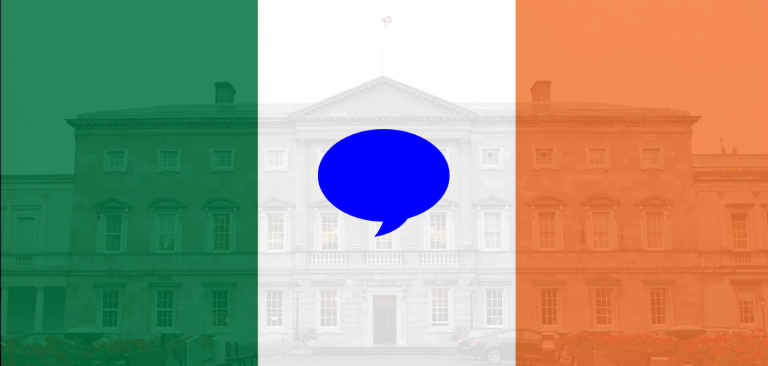Ireland doesn’t seem to be lagging far behind Scotland where controversial legislation that carries with it high risk of stifling free online speech is concerned.
It is not entirely clear how this “epidemic” of restrictive legislation in this part of Europe came about so prominently right now, but what’s certain is that reports say the Irish government is now drafting laws that would criminalize not only posting your own thoughts on social media, but also sharing posts by others – if either is deemed to fall under the “hate speech” category.
This wide reaching censorship would still spare some posts and reposts that came from art and academia, and also as a result of public debates.
The new bill now in the making is designed to replace the Prohibition of Incitement to Hatred Act from 1098, which is now seen in the ruling circles in Dublin as, basically, “not doing enough.”
The reason it isn’t, as the Irish Times revealed recently, is that it doesn’t deal with sufficiently protecting transgender and disabled people from hate speech. The 1989 act “only” sought to protect ethnic minorities, members of the LGBTQ population, and migrants.
Justice Minister McEntee is quoted as expressing her aggressive resolve to criminalize anyone who “seeks to divide our communities and spread hatred.”
What this kind of legislation usually represents is rushed and poorly worded solutions that leave too many loopholes in the vagueness of language and definitions, which in turn allow perfectly legitimate speech to be prosecuted and persecuted, it other words it all too often ends up is overreach, with civil and digital rights activists trying to push through corrections and amendments before it’s too late.
It’s unclear from reports if and what kind of political and/or activist pushback this new planned Irish legislation is now facing.
For example, in the past, an entire small Irish town was allegedly held hostage in part by government policies that increases its population by no less than a third by opening a migrant center there – but apparently also by the locals themselves in Lisdoonvarna, who were “too afraid of being branded racists to speak out about any anxieties they may have.”













